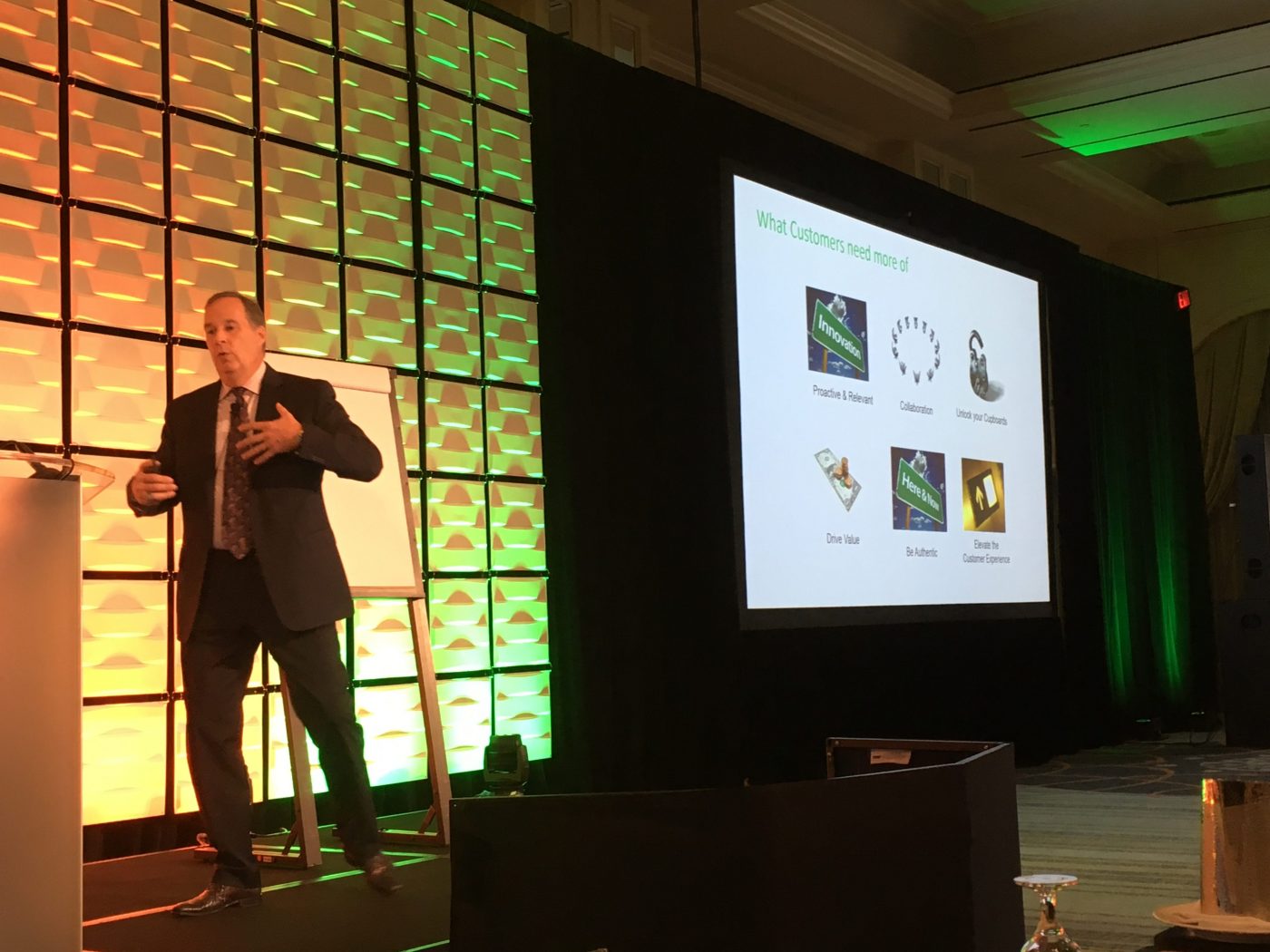There’s been a lot of focus on how integrators can use their knowledge to create better AV experiences for their clients since InfoComm International rebranded as the Audiovisual and Integrated Experience Association last September.[related]
And I’m here to tell you that’s a good thing.
I’m honestly stunned at how controversial my stance is in some circles of the integration world, but I’m guessing that’s because it’s not always easy to embrace change, even in an industry where change is a constant.
Certainly, the AVIXA acronym and fruit-inspired color scheme of the logo drew its fair share of attention after the cloak-and-dagger announcement in the D.C. area six months ago.
And there’s no doubt the new brand is in some ways an attempt for AVIXA to make its events more welcoming to end users.
But it’s not just AVIXA officials or members who are talking about “experiences” these days.
Should AV Integrators become “AV Experience Designers?”
At the PSNI Supersummit, a panel of integrators and manufacturers say they sometimes struggle to explain what AV is and what integrators do. One panelist says he never uses the term because it would derail whatever conversation he was having with a potential client.
The panel moderator suggested the term “experience designers” to replace “AV integrators,” and I don’t know why that change hasn’t already been made.
Which phrase do you think makes more sense to someone who knows they want to update the technology in their church, school or hospital but couldn’t tell you the first thing about exactly what that means?
AV Industry Leaders Agree: A Change is on the Horizon
By the way, it’s not just AV industry association honchos or panelists who are embracing the importance of the term “AV experience” in installations these days. At the NSCA Business and Leadership Conference, the word came up in several keynote presentations by the world-class speakers who anchored the event.
In my Twitter interactions in support of the shift to a focus on experiences, I had one person say the term is just the latest AV industry buzzword and soon enough, we’ll move on to something else. I’m not sure why anyone would think AV experiences are going away, since AV is all about creating those.
And I find it hard to believe if customers had only one choice between having an integrator create an eye-popping AV experience for them or to make sure the system they install is hidden from sight that they’d choose the invisible option.
Finally, it’s important for AV integrators not to get so stuck on a title or blinded by their technical expertise that they stop thinking like customers.
I find it hard to believe if customers had only one choice between having an integrator create an AV experience for them, or to make sure the system they install is hidden from sight, that they’d choose the invisible option.
I can assure you, there will always be plenty of customers who can never come close to understanding how to turn their conference rooms or huddle rooms into videoconferencing suites, but that doesn’t mean you should overwhelm them with jargon.
Think about how you want to be treated when you’re a customer.
Do you want the salesman to bowl you over with how many big words they know or do you want to walk away with a product or service that makes your life better?
I’ve seen and heard too often those who get so caught up in running down their credentials that they forget the customer just wants to walk in, push a button and start a meeting.
The same thing happens in writing. I’ve been trained for as long as I can remember to write to a fifth-grade level because there’s some level of sophistication but not so much as it’s a bunch of technical mumbo-jumbo. There’s something to be said for keeping things simple in creating great AV experiences.










